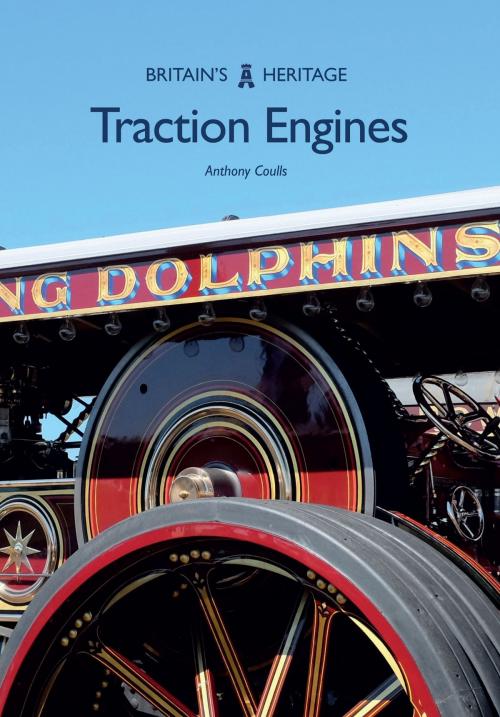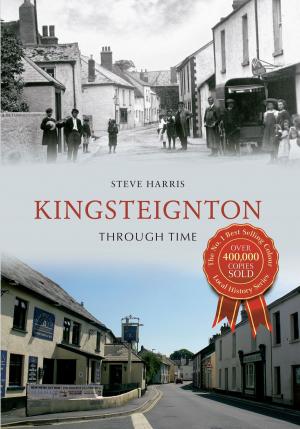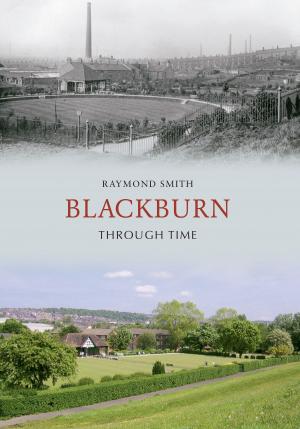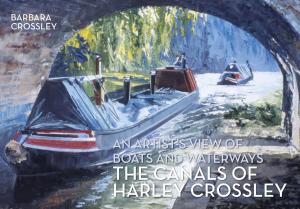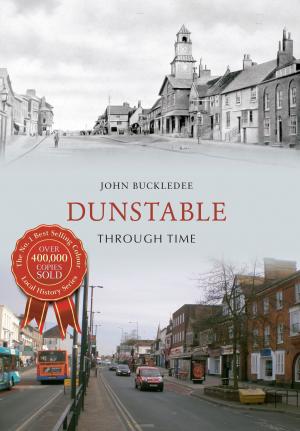| Author: | Anthony Coulls | ISBN: | 9781445668871 |
| Publisher: | Amberley Publishing | Publication: | June 15, 2017 |
| Imprint: | Amberley Publishing | Language: | English |
| Author: | Anthony Coulls |
| ISBN: | 9781445668871 |
| Publisher: | Amberley Publishing |
| Publication: | June 15, 2017 |
| Imprint: | Amberley Publishing |
| Language: | English |
The first traction engines were built around the middle of the nineteenth century. Their great pulling power and ability to provide power for other equipment revolutionised road haulage and agriculture. Great makers like Burrell and Garrett from East Anglia, Taskers and Wallis & Steevens from Hampshire, Marshalls and Foster from Lincolnshire, and Fowlers and McLaren from Leeds filled Britain (and much of the rest of the world) with their engines. They ranged in size from the small road locomotives like Taskers’ Little Giant, up to giant Fowler ploughing engines and the grandest Burrell showman’s engine, resplendent in gold-lined paintwork and twisted brass canopy supports. The age of the traction engine was relatively short, declining rapidly after the First World War, but they have left an indelible mark, with enthusiasts up and down the country having saved hundreds of machines from the scrapmen to entertain us every weekend at steam fairs and other vintage events. This book is part of the Britain’s Heritage series, which provides definitive introductions to the riches of Britain’s past, and is the perfect way to get acquainted with traction engines in all their variety.
The first traction engines were built around the middle of the nineteenth century. Their great pulling power and ability to provide power for other equipment revolutionised road haulage and agriculture. Great makers like Burrell and Garrett from East Anglia, Taskers and Wallis & Steevens from Hampshire, Marshalls and Foster from Lincolnshire, and Fowlers and McLaren from Leeds filled Britain (and much of the rest of the world) with their engines. They ranged in size from the small road locomotives like Taskers’ Little Giant, up to giant Fowler ploughing engines and the grandest Burrell showman’s engine, resplendent in gold-lined paintwork and twisted brass canopy supports. The age of the traction engine was relatively short, declining rapidly after the First World War, but they have left an indelible mark, with enthusiasts up and down the country having saved hundreds of machines from the scrapmen to entertain us every weekend at steam fairs and other vintage events. This book is part of the Britain’s Heritage series, which provides definitive introductions to the riches of Britain’s past, and is the perfect way to get acquainted with traction engines in all their variety.
